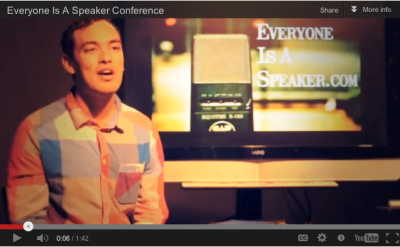"Not all charity is good charity"
Discussion
Finally… a ‘pay to speak at’ conference… You in?
Body
Discussion
Bachorik examines SGM music
We have posted the first of three parts on An Examination of Sovereign Grace Ministries and Getty-Townend For Use in Fundamental Christian Churches over at Proclaim & Defend.
Discussion
Does your church decorate for Christmas (either inside or outside) with a creche?
Poll Results
Does your church decorate for Christmas (either inside or outside) with a creche?
Yes, we have a prominent creche scene or two Votes: 5
Yes, but it is remote and many people do not see it Votes: 3
No, we believe it could give way to idolatry or we want to make a distinction between idolatrous practice and our church Votes: 1
No, we just don’t. Votes: 5
Other Votes: 1



Discussion